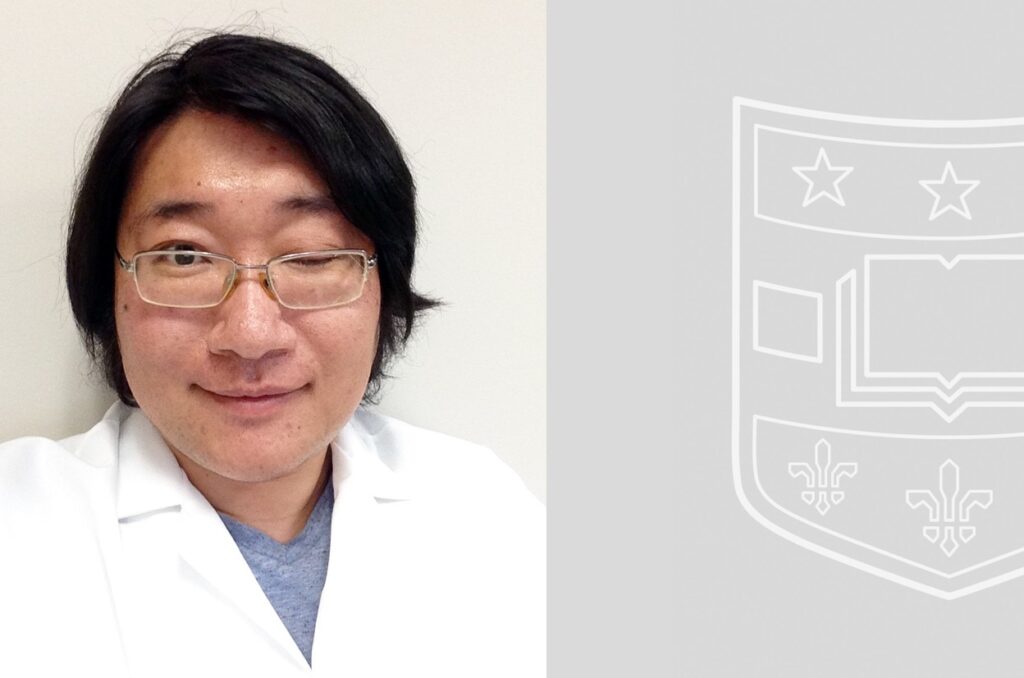Xiangyu Zhang is an instructor in Cardiovascular Division, Department of Medicine, Washington University School of Medicine. In 2014, he received PhD degree from Nanjing University, where he started his research in detecting the mechanism regulating early differentiation of T cells. As a graduate student, he accepted a comprehensive training on studying immunology, biochemistry, and molecular science. After graduation, he came to Washington University to proceed with his academic study as a postdoctoral researcher in 2015, then became a staff scientist in 2020. During the postgraduate training, he focused on the effect of dietary protein on the development of atherosclerosis and the correlating mechanism.
His research has provided a compelling link between low carbohydrate high protein (LCHP) diet and the development of atherosclerosis. In addition, his study demonstrated that mTORC1 signaling pathways activated by amino acids from high protein diet increased macrophage mitophagy and cell death, which accounted for the LCHP’s atherogenic effect. Meanwhile, he’s also working on the investigation of new drugs which may be developed into clinical therapeutic usage. Now his primary career interest is investigating the function of immune cells, especially on dietary nutrient sensing and metabolism in cardiovascular disease and using the knowledge he gains to develop novel therapeutic strategies. For decades, cardiovascular disease (CVD) has been the leading cause of death in the United States, costing our society hundreds of billions of dollars each year. The immune system plays a significant role during the development and progression of many aspects of CVD, particularly atherosclerotic plaque formation. Understanding the mechanisms underlying immune cell action in the plaque provides insights into disease pathogenesis and new areas of intervention. One understudied area is the role of dietary nutrient sensing and metabolism by immune cells in CVD.
His work as a postdoctoral fellow has uncovered a critical role for amino acids in driving mTOR signaling in macrophages and in turn atherosclerotic plaque progression. He would like to broaden his efforts by pursuing a career focused on understanding the role of immune cells in the development of CVD. He also has a particular interest in translational research to advance his findings into the clinical arena. His goals are to become an innovative, productive, and independent academic researcher and contribute to the understanding of biological phenomena at the cellular and molecular level. In particular, he is interested in studying the function and co-communication of immune cells, dissecting their modulation by cellular signaling pathways, and ultimately defining the roles of immune phenomena and related pathways in disease progression.
